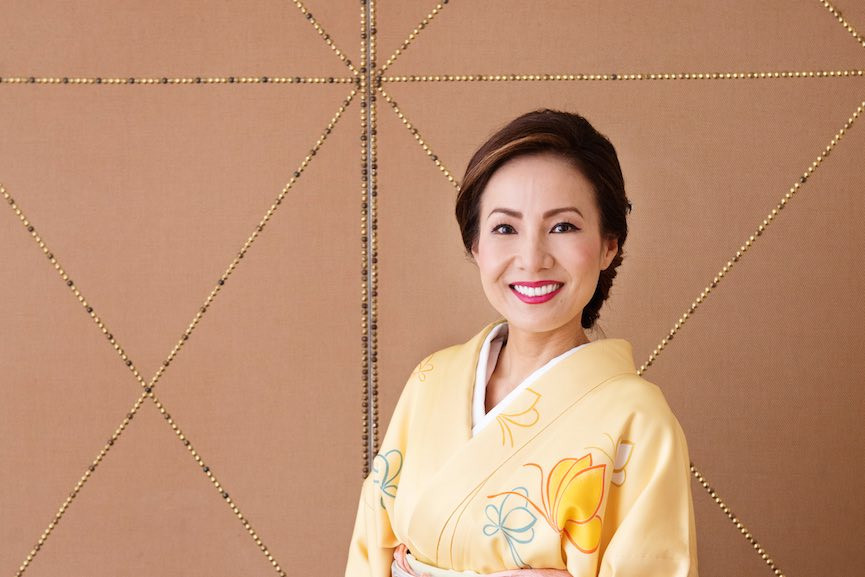Makiko Witolla Hayashi is no stranger to living abroad. Since leaving her hometown of Nagoya (located roughly halfway between Tokyo and Osaka), Makiko has lived and worked in the US, London, Hong Kong and Frankfurt. Whilst she was on maternity leave, her German husband accepted a position in Luxembourg, and for the first time Makiko had to learn all there is to know about living in a new country without the assistance of working colleagues. “When you are working and move to a new country, you have your colleagues to help you readjust. However, when you are not working, it is more difficult to integrate into society. That’s why I and two associates decided to found the JLA in April 2012.”
Not only for native Japanese
The initial purpose of the JLA was to provide its members, predominantly mothers and spouses, with information and orientation in the Japanese language on life in Luxembourg. However, it soon became apparent that there were many non-Japanese nationals interested in learning about Japanese culture, cuisine and language. “The JLA currently has approximately 300 members,” explains Makiko, the association’s chair. “Less than half of the members are actually Japanese.”
Many of those members are individuals who are travelling or relocating to Japan, but some have learnt to speak Japanese and want to practice their language skills. “Every month we have a Japanese conversation evening, usually at the Sushi Shop in the city centre, where people can come along and speak Japanese. It’s surprising how many people in Luxembourg know our language.”
The JLA organises a variety of events throughout the year to celebrate Japanese culture. On 17 March, they held an event combining Japanese sake and French cuisine with live entertainment from two traditional geishas of the Ishikawa branding project. “Most Japanese nationals have never seen traditional geishas perform this ceremony. It is often performed for tourists, but not authentically, so this event is extremely special,” adds Makiko.
Other events are often organised in collaboration with the Japanese embassy, such as the popular tea ceremony or the ‘Wagashi’ traditional sweet making workshop held in the spring.
Fundraising
Charitable work is also an extremely important part of the group’s agenda. “The JLA supports the [Red Cross and the] International Bazaar every year and the event requires a great deal of planning,” says Makiko. “This year the JLA has responsibility for organising the products and food sold at the bazaar. Last year the Japanese stand sold approximately 3,000 yakitori and 500 sushi boxes, so that is a lot of work for us.” Planning for the event begins in April and continues throughout the year including a sushi making class in October. For the event itself, around 70 volunteers are needed to help sell the products.
In addition to the International Bazaar, the JLA provides an annual monetary donation to Ashinaga, a charity that assists orphaned students, including children who lost parents in the great Hanshin earthquake in 1995 and the eastern Japan earthquake and tsunami in 2011. Ashinaga provides educational assistance, summer camps and ‘Rainbow Houses’ in Tokyo and Kobe, where children can talk with professionals and others who have suffered from the emotional loss of parents.
Despite the transient nature of the Japanese population in Luxembourg, Makiko believes the club has been so successful partly because of Japanese culture. “The Japanese are renowned for being loyal, sincere and collaborative. We are lucky to have people with these attributes in our association and their dedication is the key to our future.”
This article was first published in the May 2016 issue of Delano magazine. Be the first to read Delano’s articles on paper before they’re posted online, plus read exclusive features and interviews that only appear in the print edition, by subscribing online.
